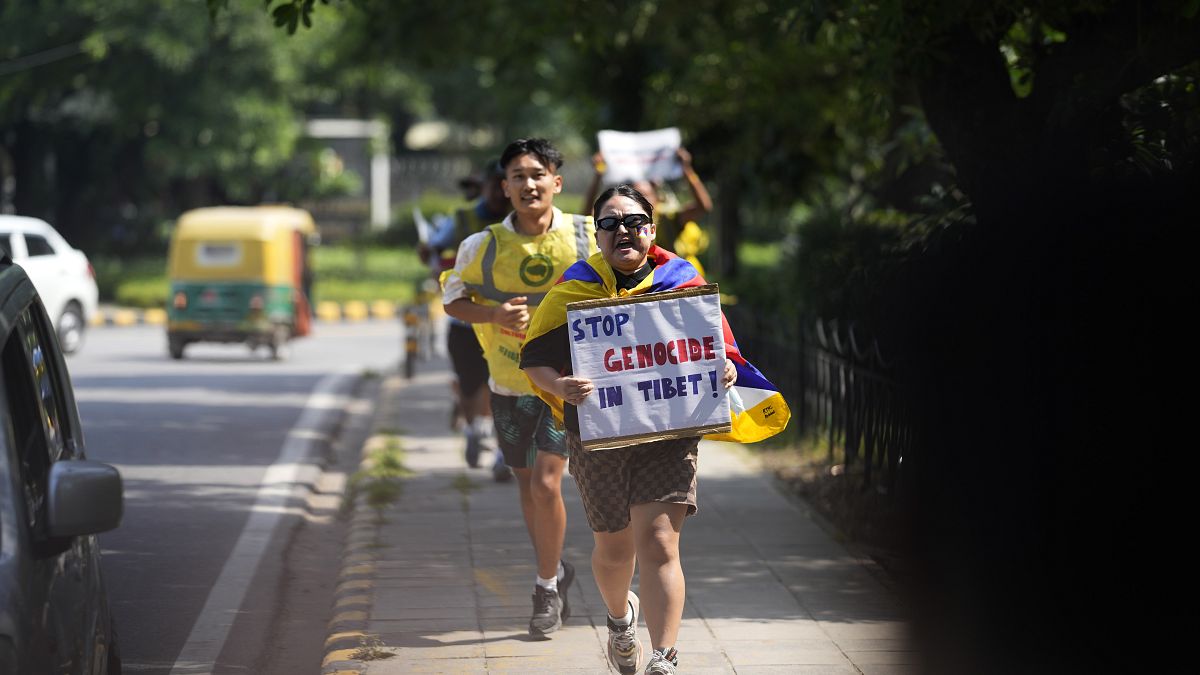The Tibetan Youth Congress recently organized a protest accusing China of supressing Tibetan culture. The Tibetan government-in-exile, based in Dharamshala, India, supports these claims by stating that China denies Tibetans basic rights and seeks to erase Tibetan identity. With around 85,000 refugees from Tibet currently living in India, the issue of cultural suppression by the Chinese government is a pressing concern for the Tibetan community.
Tibet has a rich cultural heritage that dates back centuries, with a unique language, traditions, and religious practices that are integral to Tibetan identity. However, Chinese authorities have been accused of implementing policies that aim to diminish these cultural aspects in Tibet. This has resulted in widespread protests by Tibetan activists both within Tibet and in exile, as they strive to preserve their cultural heritage and protect their way of life.
The Tibetan Youth Congress, a prominent Tibetan activist group, has been at the forefront of the movement to raise awareness about the suppression of Tibetan culture by China. By organizing protests and demonstrations, they aim to shine a spotlight on the human rights violations and cultural oppression faced by Tibetans under Chinese rule. Their efforts have garnered international attention and support from individuals and organizations around the world.
The Tibetan government-in-exile, led by the Dalai Lama, serves as the political representation for Tibetans living outside of Tibet. They work tirelessly to advocate for the rights of Tibetans and to bring attention to the plight of their people under Chinese rule. Their claims of cultural suppression and human rights abuses have been documented and reported by various human rights organizations, further highlighting the urgency of the situation.
As tensions continue to rise between Tibetan activists and the Chinese government, the international community plays a crucial role in supporting the Tibetan cause. By raising awareness about the issues faced by Tibetans and putting pressure on China to respect human rights and cultural diversity, concerned individuals and organizations can help bring about positive change for the Tibetan people. It is important for all individuals to stand in solidarity with Tibetans in their fight for cultural preservation and basic rights.
The Tibetan community in India, made up of tens of thousands of refugees from Tibet, faces numerous challenges as they navigate life in exile. From economic struggles to cultural preservation efforts, Tibetans in India work tirelessly to maintain their identity and heritage while also striving for a better future. By supporting Tibetan-run businesses, cultural events, and educational initiatives, individuals can help empower the Tibetan community and contribute to their ongoing efforts to preserve their unique culture and way of life. With continued support and solidarity, the Tibetan people can overcome the challenges they face and work towards a brighter future for themselves and future generations.











